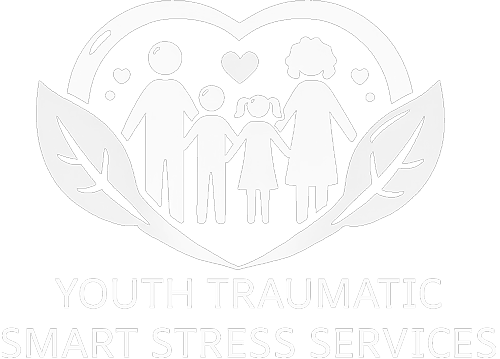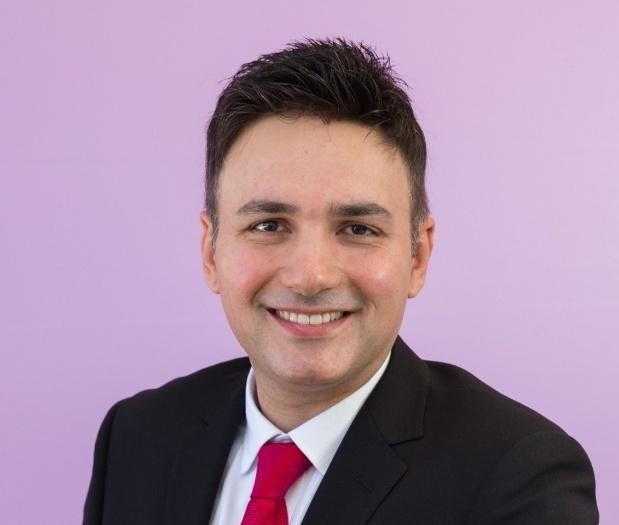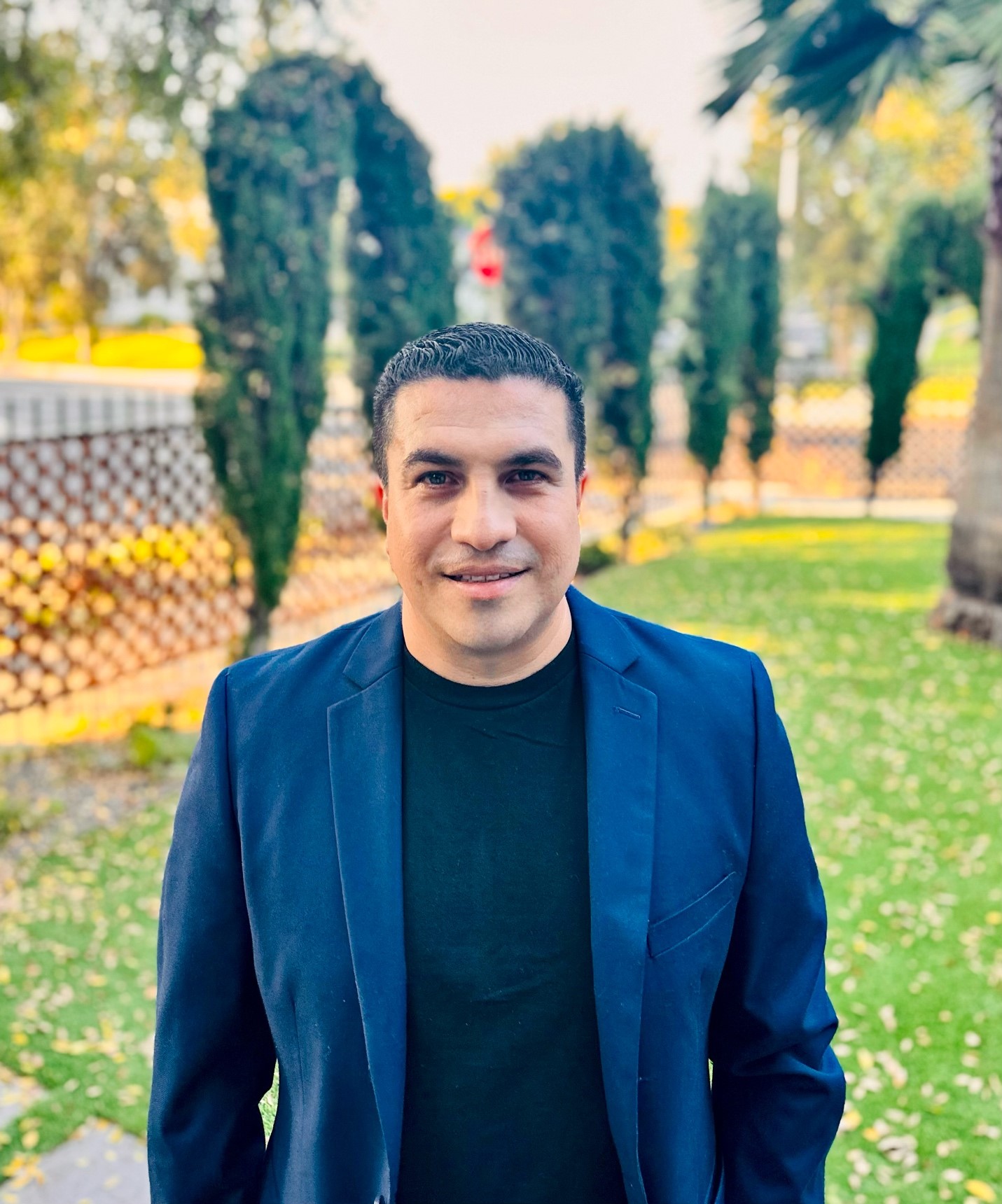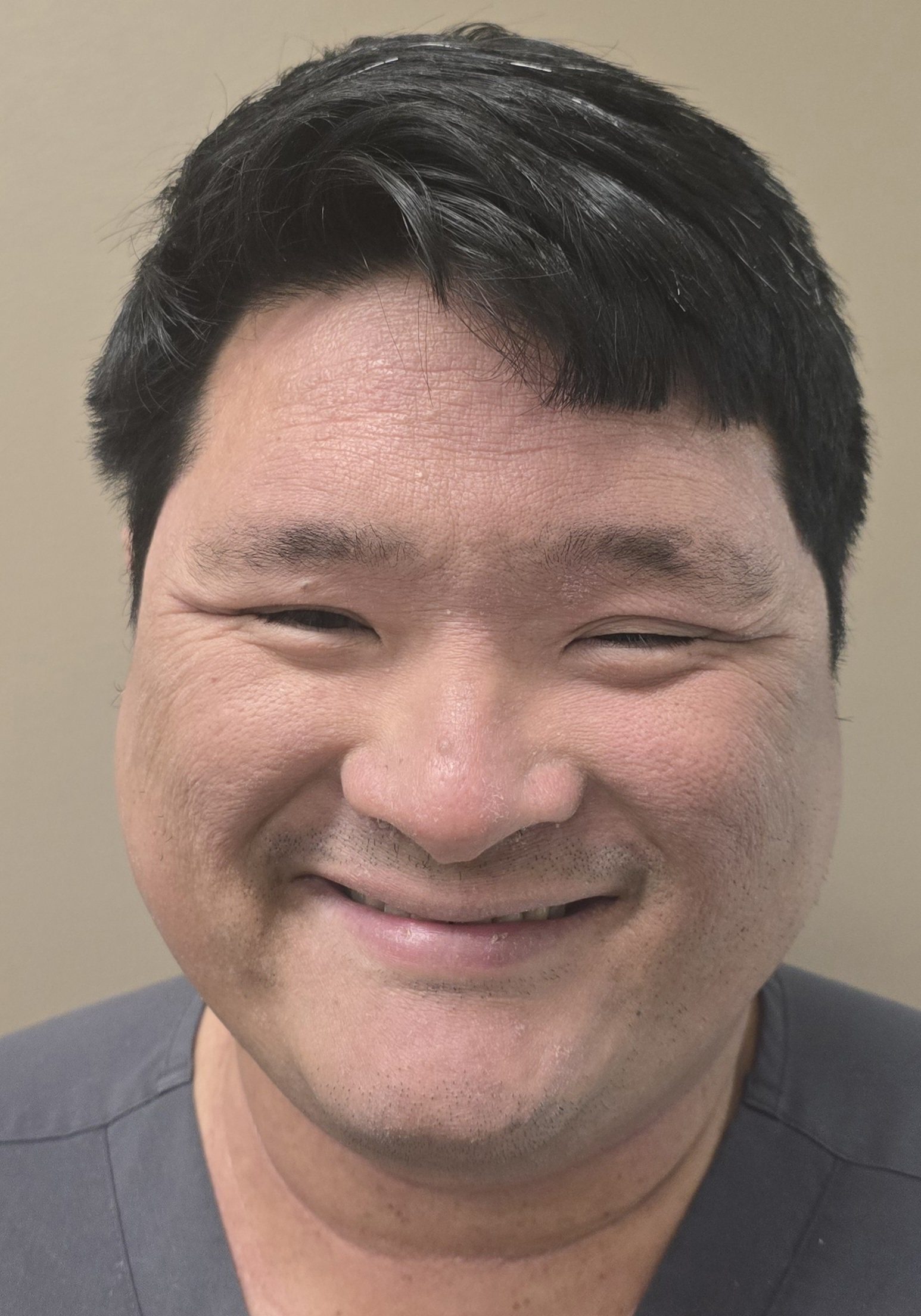LEVEL OF CARELEVEL OF CARE
Restorative Approach
This approach is designed for children experiencing significant and persistent post-traumatic stress symptoms who are most likely to benefit from trauma-focused, evidence-based treatments. When a child scores in the severe range on the screening tool—or in the moderate range with notable functional impairment—they require specialized trauma-focused care, as standard mental health interventions may not be sufficient. In addition to targeted treatment, these children often benefit from anticipatory guidance on traumatic stress and brief in-office interventions to provide immediate support.
Severe PTSD or Loss Symptoms, Profoundly Impaired Self-Regulation Flexibility and Function, Profoundly Impaired Socioeconomic Repertoire and Psychosocial Characteristics:
Those with severe symptoms require immediate and intensive interventions. They are referred to specialized mental health services for curative treatments, including psychotherapy, medication management, and crisis intervention
Example Scenario
Name: Fatima Hassan
Age: 22
Fatima was in a toxic and emotionally abusive relationship for nearly two years. Her ex-partner manipulated her, isolated her from friends, and made her feel worthless. She finally broke free six months ago, but the emotional damage lingers. She struggles with self-worth, has difficulty trusting people, and sometimes avoids social situations out of fear of being hurt again. Fatima has a hard time regulating her emotions—some days, she feels strong, while others, she spirals into self-doubt and sadness. She has a few close friends who try to support her, but she sometimes withdraws and ignores messages. She attempted therapy but finds it hard to open up. She experiences anxiety attacks when she sees someone who looks like her ex. She manages to keep up with college and work, but she’s often exhausted and mentally drained, making it hard to stay motivated. Fatima lost her best friend to suicide a few months ago. Since then, she has been struggling with waves of grief, feeling intense guilt and sadness. She tries to keep up with her college coursework and part-time job, but some days feel impossible. She often cancels plans and finds herself scrolling through old messages and photos, stuck in the past. Some days, she feels numb, and other days, she bursts into tears at unexpected moments. Financially, she’s stable, but her performance at work has declined due to exhaustion. She experiences flashbacks of their last conversation and has trouble sleeping, often replaying the “what-ifs” in her mind. She’s still attending classes but struggles to complete assignments, and her professors have noticed a decline in her participation.

*Social Interaction and Social Economic Profile of Youth and Caregiver for optimal identification of mental health well being and response to treatment will be assessed by our team
Fatima shows moderate symptoms of PTSD and grief that are causing her functional level to be profoundly impaired. Her self regulation flexibility along with her social interaction/economic profile have indicated that she would benefit from the Restorative approach. With the goal of helping improve all these aspects of her wellbeing as well as ensuring she has a strong support system.









